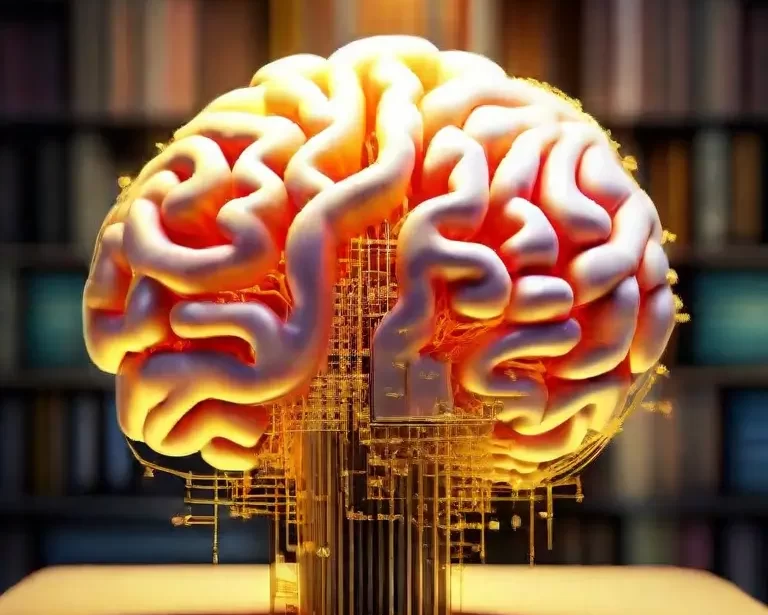Memories are a fundamental aspect of human cognition and consciousness. They allow individuals to learn from past experiences, make decisions, and maintain a sense of identity and personal history. The process of memory involves several complex mechanisms, which can be broadly categorized into three main stages: encoding, storage, and retrieval.
- Encoding: This is the first stage of memory, where information from the environment is received by the senses and converted into neural signals that the brain can process. The brain must decide whether the information is important enough to be encoded into a memory.
- Storage: If information is encoded and deemed important, it moves to the next stage, storage. There are two main types of storage: short-term storage and long-term storage. Short-term storage holds information for a brief period, typically a few seconds to a minute. Long-term storage is where information is held for a much longer period, from days to a lifetime. Long-term storage can be further divided into explicit (declarative) memory, which includes facts and events, and implicit (procedural) memory, which involves skills and habits.
- Retrieval: When information is stored, it must be able to be retrieved when needed. Retrieval is the process by which information is brought back into consciousness from long-term storage. This can sometimes lead to forgetting, where information is either partially or completely unavailable, or to misremembering, where the retrieved information is not accurate.
The formation and retrieval of memories are a result of changes in the strength of synaptic connections between neurons. This is known as synaptic plasticity and is believed to be the physical basis of learning and memory. When we learn something new or experience an event, the connections between neurons that are involved in processing that information are strengthened (a process known as long-term potentiation).
People have memories because they are an adaptive function that has evolved over time. Memory allows individuals to anticipate events, learn from past experiences, and develop personal relationships. It is also crucial for language acquisition, problem-solving, and creativity.
However, memories are not always accurate or complete. They can be influenced by a variety of factors, including the context in which they are retrieved, the emotional state of the individual, and other memories that are related or similar. This is why eyewitness testimonies can be unreliable and why people sometimes have false or distorted memories.
In summary, memory is an integral part of human cognition that enables us to navigate and interact with the world. It is a complex process involving various brain regions and neurotransmitters, and it is essential for our survival and development as a species.



